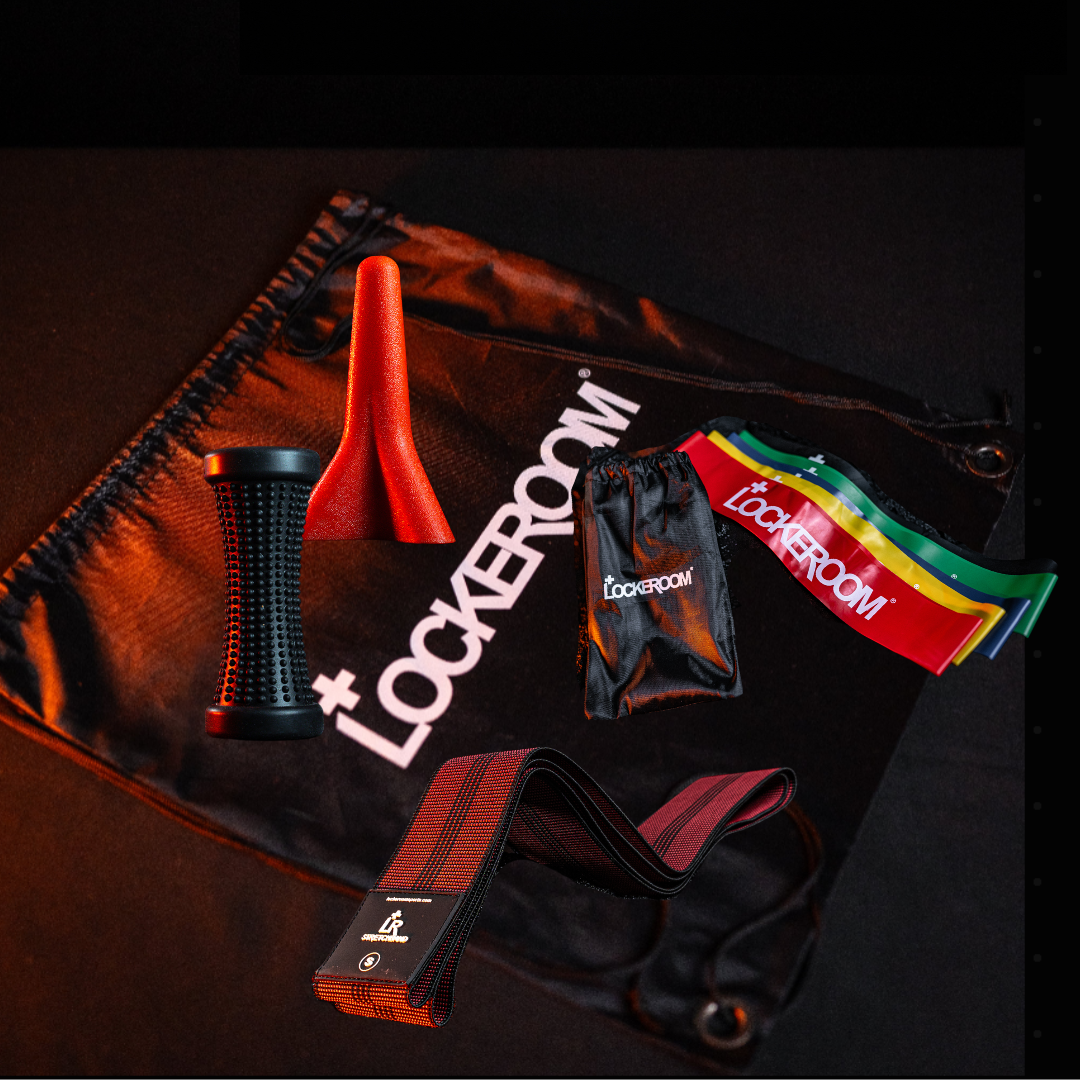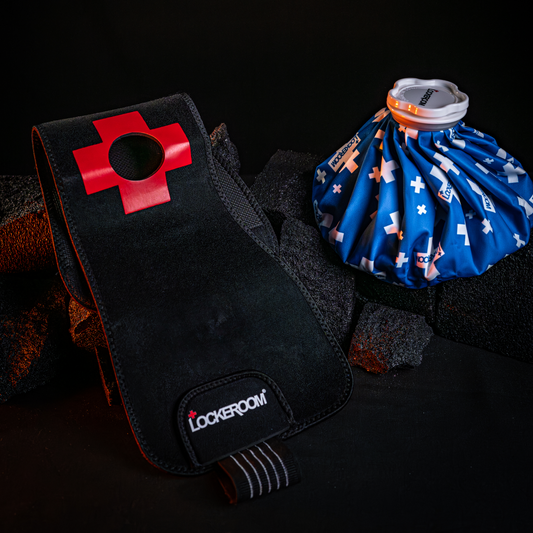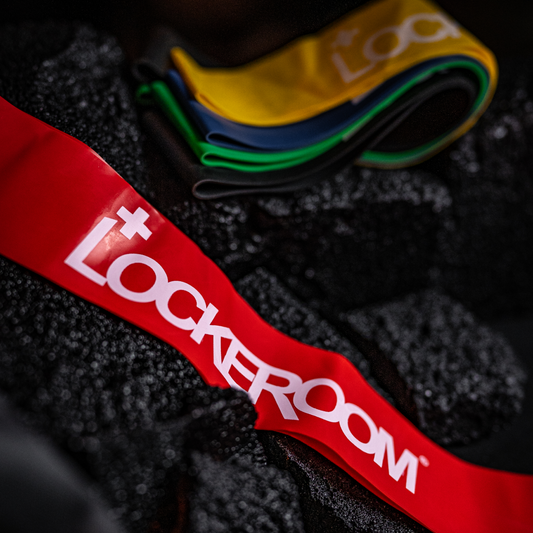
Q&A with Cam
Learn what might be behind your symptoms
What type of patients present with Hip Flexor problems?
Almost all patients who present with upper thigh injuries: Quads, Hamstring, Adductor and Abductor complaints (Strains,Tears) will have hip flexor function tested (Strength, Length, Tightness,Weakness)
Additionally, tight or weak hip flexors can contribute to lower back pain, particularly in individuals with poor lumbo-pelvic control, such as those with an anterior pelvic tilt (often due to weak abdominals), tight back extensor muscles, or weak glute muscles.
This issue is prevalent among bike riders, long-distance drivers, individuals with imbalanced gym training programs, and those who sit for extended periods at work.
Treatment generally involves addressing the muscle strain through rest, targeted exercises to improve hip flexor strength, and correcting any imbalances in core and pelvic control.
What is the best course of action when you’re experiencing hip flexor pain or tightness?
The best course of action when experiencing hip flexor pain includes using a roller, such as the Footeez, to release ITB fascial tightness in the upper thigh.
Additionally, triggering the tensor fasciae latae (TFL) with a Rocket can help reduce muscle tightness.
It is important to learn and apply correct techniques to isolate and stretch the Hip Flexors and Quadriceps using a Stretchband.
Incorporating resistance exercises with Mini bands can strengthen weak hip flexors, aiding in recovery and alleviating pain.
I know someone who tore their Hip Flexor? How common is this?
Trauma injuries in the hip flexor are more common in athletes than the general population. They include muscle tears, which are typically caused by explosive hip flexion actions such as kicking a ball or rapid acceleration, deceleration, or changes in direction.
These injuries are often marked by a specific event when the muscle is exposed to excessive force, resulting in symptoms like pain, muscle weakness, burning sensation in the hip, swelling, and difficulty walking.
The best course of action for treating a hip flexor muscle tear includes applying ice with an Icemate to manage pain and seeking a prompt diagnosis from a doctor or health professional.
Does it take long to get back playing after a Hip flexor tear?
Minor muscle tears can recover in 2-4 weeks.
Grade 2 tears maybe 4-6 weeks.
More extensive tears involving the tendon or MTJ (Musculotendinous Junction) can mean 12+ weeks out of competition .
As usual, an accurate diagnosis is critical to ensure you get appropriate recovery management.













